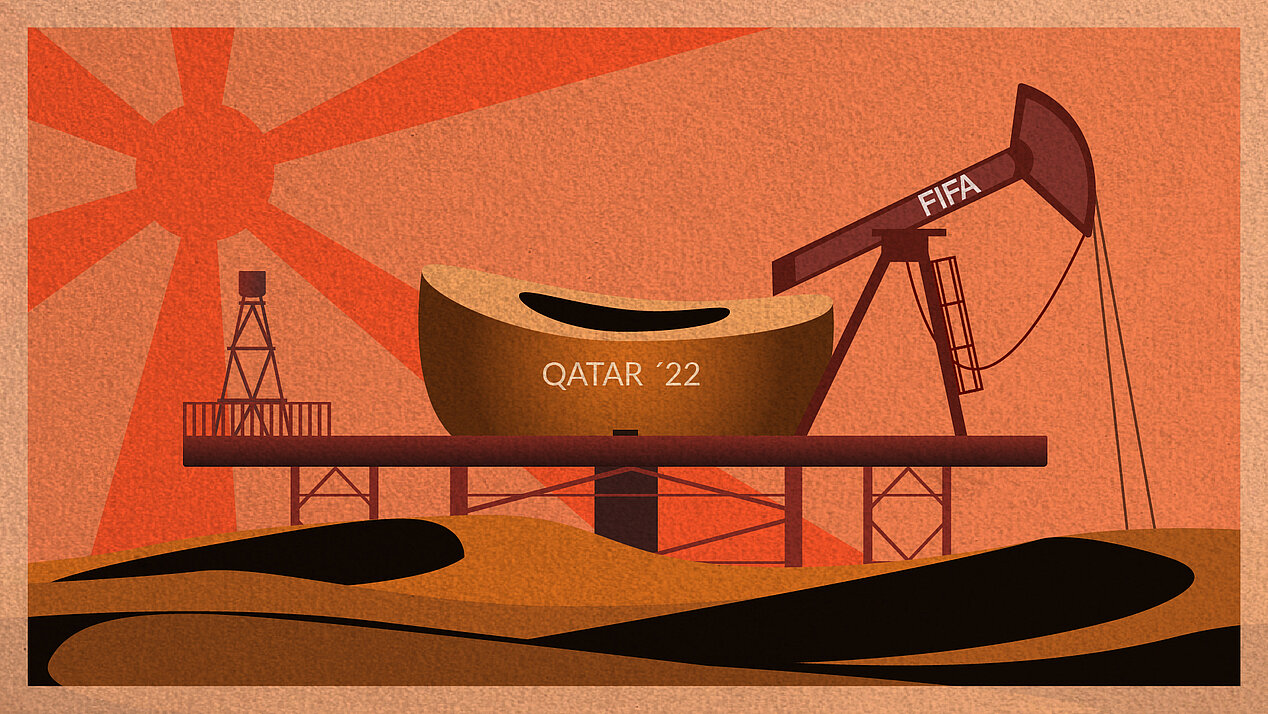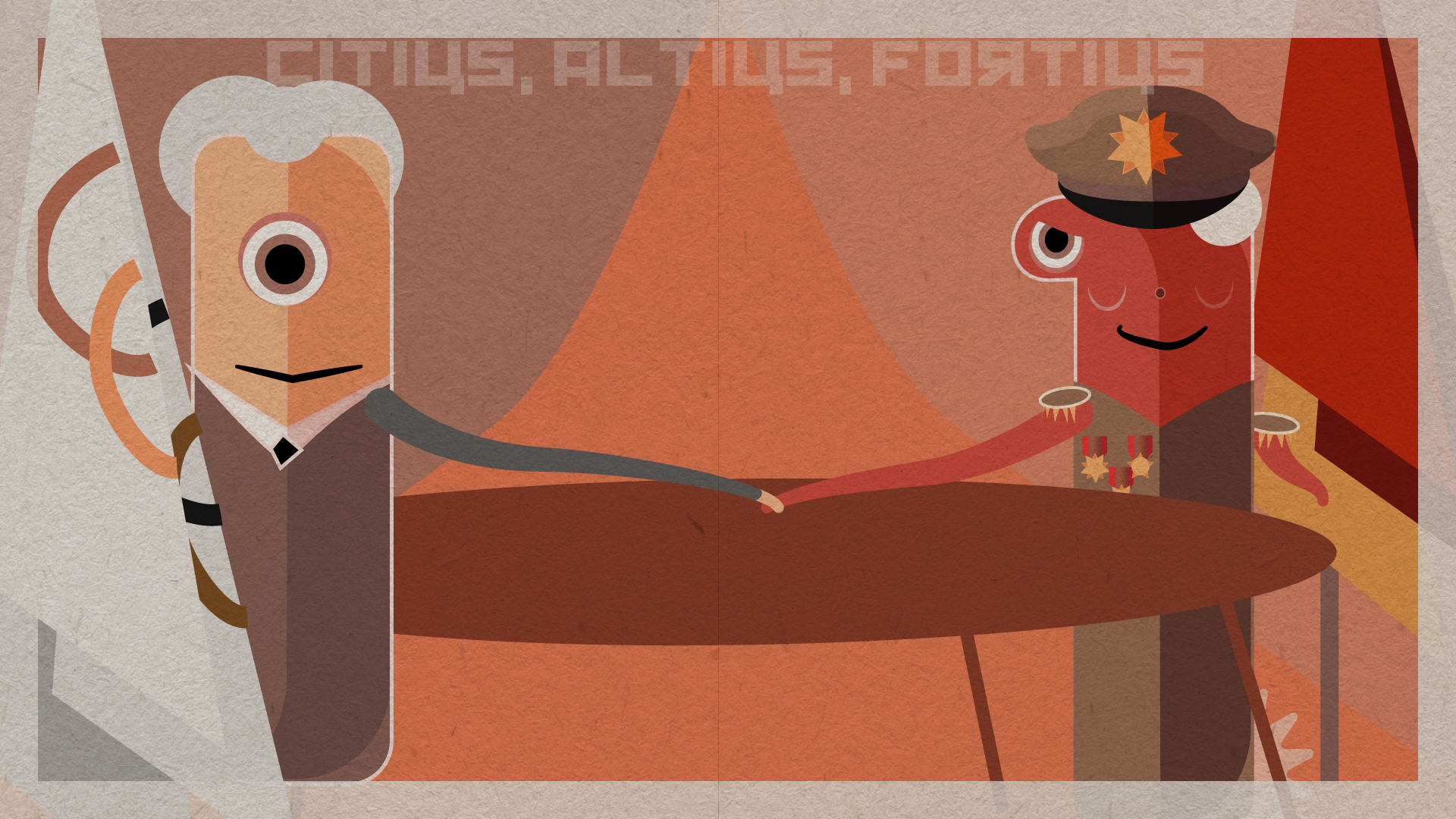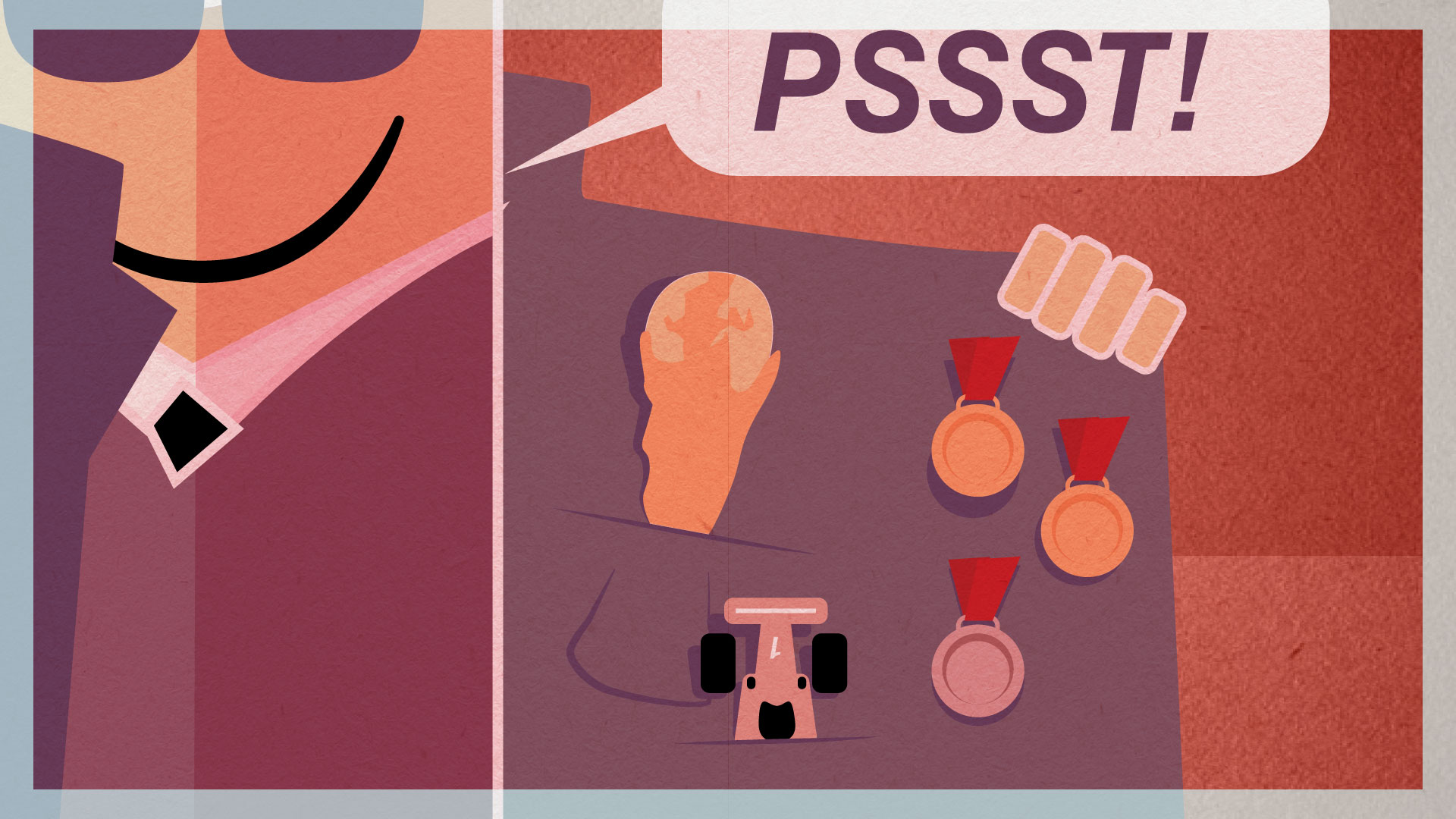Moral Relativism
The flipside to the Realpolitik balancing act is moral relativism and this takes place in a space made possible by two complex processes at work that add to the uniqueness of this World Cup. Both of these processes are not directly attributable to sport.
First, there has been a major shift in the global political culture and the manner in which it is debated; second, the dominant nature of global capitalism means that a wide variety of ideologically opposed regimes are ever more dependent reserves upon each other (for example, the West’s dependence on Middle-Eastern gas and oil).
A political culture consists of widely held beliefs and attitudes of what makes up, gives order to and underpins our understanding of political institutions and systems. This also encompasses the behaviour of politicians and what they say and do. We propose that the fracturing of our political culture – through half-truths, deceit, duplicity and lies (for example, Donald Trump’s “stolen” election claim) – has prized open a space for moral relativism that makes rational debate much more difficult.
It also exacerbates a “them” and “us” mentality leading to black and white depictions of others’ culture.
The fracturing of our political culture has prized open a space for moral relativism that makes rational debate much more difficult.
Thus, FIFA is vehemently defending Qatar as host against a barrage of critical press. This manifested itself in two clear ways: first, FIFA made an 11th hour U-turn and disallowed team captains from wearing a rainbow armband while playing (a symbol of solidarity with the LGBT+ community, as homosexuality is illegal in Qatar).
This was understood as a clear sign that FIFA is supporting Qatar; second, a bizarre hour-long, soliloquy in a press conference by FIFA president Gianni Infantino, which, in a nutshell accused Europe and the “West” of hypocrisy and gross double standards, given that they themselves have also been responsible for Human Rights abuses in the past.
The notion of “double standards” by Qatar’s critics is at the nub of where global capitalism and a fractured political culture meet, as those highlighting the hypocrisy point to the West’s reliance upon and import of energy (thereby enriching Qatar further). This valid point is then taken further – as in Infantino’s diatribe – to argue that previous Human Rights abuses render current criticism hollow and appear as virtue-signalling by the West.









